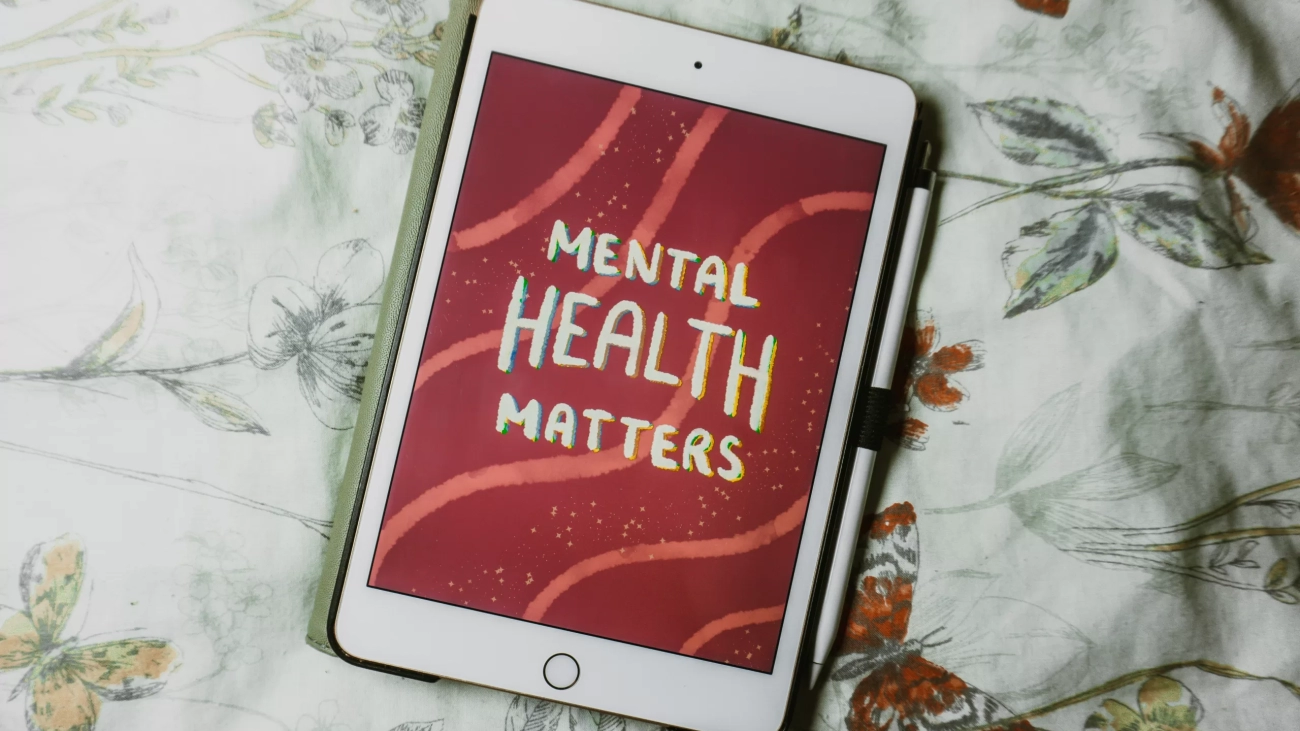In April 2023, Australia saw significant changes to Commonwealth Work Health and Safety laws, specifically focusing on psychosocial health and safety in the workplace. For the first time, the regulations now outline how employers must identify and manage risks to their workers’ psychological health. This is a big deal for small and medium businesses, as it means they now have a legal responsibility to take proactive measures to prevent psychological harm.
What Does This Mean for Small to Medium Businesses?
For mum-and-dad retailers, these changes can seem daunting. However, understanding the implications can help you protect your employees and your business. Simply put, businesses can face legal action and fines if they fail to ensure a psychologically safe workplace. This places additional responsibilities on small business owners who may already be stretched thin managing daily operations.
Why Small Businesses Are at Risk
Interestingly, the very attributes that make small and medium enterprises (SMEs) appealing—agility and flexibility—can also create psychosocial hazards. Here are a few reasons why SMEs may be particularly vulnerable to these new safety laws:
- Stretched Resources: Many SMEs operate on tight budgets with limited staff. Employees often juggle multiple roles, leading to potential burnout. When employees feel overwhelmed, it increases the risk of mental health issues, leading to higher turnover and recruitment costs.
- Hands-Off Approach to Safety: Small businesses often lack dedicated workplace health and safety (WHS) or human resources (HR) professionals. Some may outsource these roles, while others might not have these functions at all. This can result in a neglectful approach to safety and wellbeing, especially concerning harmful behaviours like workplace bullying.
- Reactive Rather Than Proactive Systems: The agility that SMEs are known for can sometimes mean reacting to new regulations or market changes rather than implementing proactive strategies to protect employees. A lack of long-term planning can expose workers to increased psychological risks.
Common Hazards in Small Businesses
The new regulations identify 14 potential hazards, but some are more prevalent for small businesses:
- Job Demands: Employees may face unreasonable levels of physical, mental, or emotional effort.
- What to Do: Monitor workloads, implement a time-in-lieu policy for overtime, and foster a culture that does not glorify overworking.
- Lack of Role Clarity: Unclear or frequently changing roles can lead to stress.
- What to Do: Regularly update job descriptions, communicate changes clearly, and encourage open dialogue among staff.
- Poor Support: Insufficient support can stem from a lack of resources or interpersonal relationships.
- What to Do: Provide thorough training and resources during onboarding and ensure ongoing support for leadership in coaching and communication.
When these hazards occur together, they increase the risk of psychological harm. Therefore, it’s crucial to address them collectively.
Next Steps for Small Retailers
Taking a proactive approach to mental health and safety isn’t just about compliance—it’s also a smart business move. The costs associated with workers’ compensation claims and potential fines can be significant. Implementing a robust psychosocial risk management strategy can help small businesses not only comply with the new regulations but also improve employee retention and foster a people-first culture.
While solutions like Employee Assistance Programs (EAP) are valuable, they should be part of a broader strategy to promote worker well-being. By prioritizing mental health, small retailers can create a supportive environment that benefits everyone involved.
In conclusion, adapting to these new regulations may seem challenging, but it’s also an opportunity to enhance your workplace culture and safeguard your employees’ mental health. The future of your business—and the well-being of your team—depends on it.

